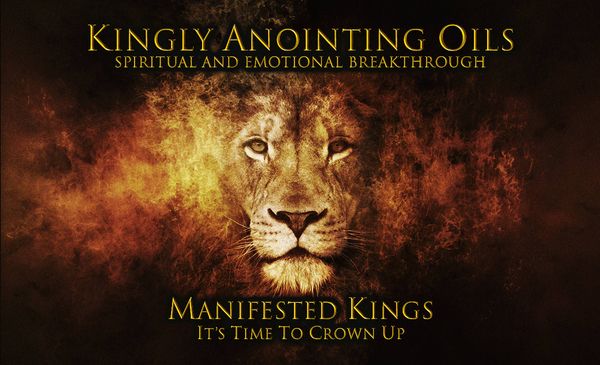
Frankincense Anointing Oil
Frankincense Anointing Oil
Frankincense, a vegetable resin, brittle, glittering, and of a bitter taste, used for the purpose of sacrificial fumigation.
(Exodus 30:34-36) It was called frank because of the freeness with which,
when burned, it gives forth its odor. It burns for a long time, with a steady flame.
The Hebrews imported their frankincense from Arabia, (Isaiah 60:6 & Jeremiah 6:20)
Definition: Frankincense is the gum or resin of the Boswellia tree, used for making perfume and incense.
The English word frankincense comes from a French expression meaning "free incense" or "free burning."
Wise men, or magi, visited Jesus Christ in Bethlehem, when he was a year or two old. The event is recorded in the Gospel of Matthew, which also tells of their gifts:
And when they were come into the house, they saw the young child with Mary his mother, and fell down, and worshiped him: and when they had opened their treasures, they presented unto him gifts; gold, and frankincense, and myrrh. (Matthew 2:11, KJV)
Only Matthew records this episode of the Christmas story. For the young Jesus, this gift symbolized his divinity or his status as high priest, as frankincense was a key part of sacrifices to Yahweh in the Old Testament. Since his ascension to heaven, Christ serves as high priest for believers, interceding for them with God the Father.
Frankincense was a very expensive substance because it was collected in remote parts of Arabia, North Africa, and India. Gathering frankincense resin was a time-consuming process. The harvester scraped a 5-inch long cut on the trunk of this evergreen tree, which grew near limestone rocks in the desert. Over a period of two or three months, the sap would leak from the tree and harden into white "tears." The harvester would return and scrape the crystals off, and also collect the less pure resin that had dripped down the trunk onto a palm leaf placed on the ground. The hardened gum might be distilled to extract its aromatic oil for perfume or crushed and burned as incense.
